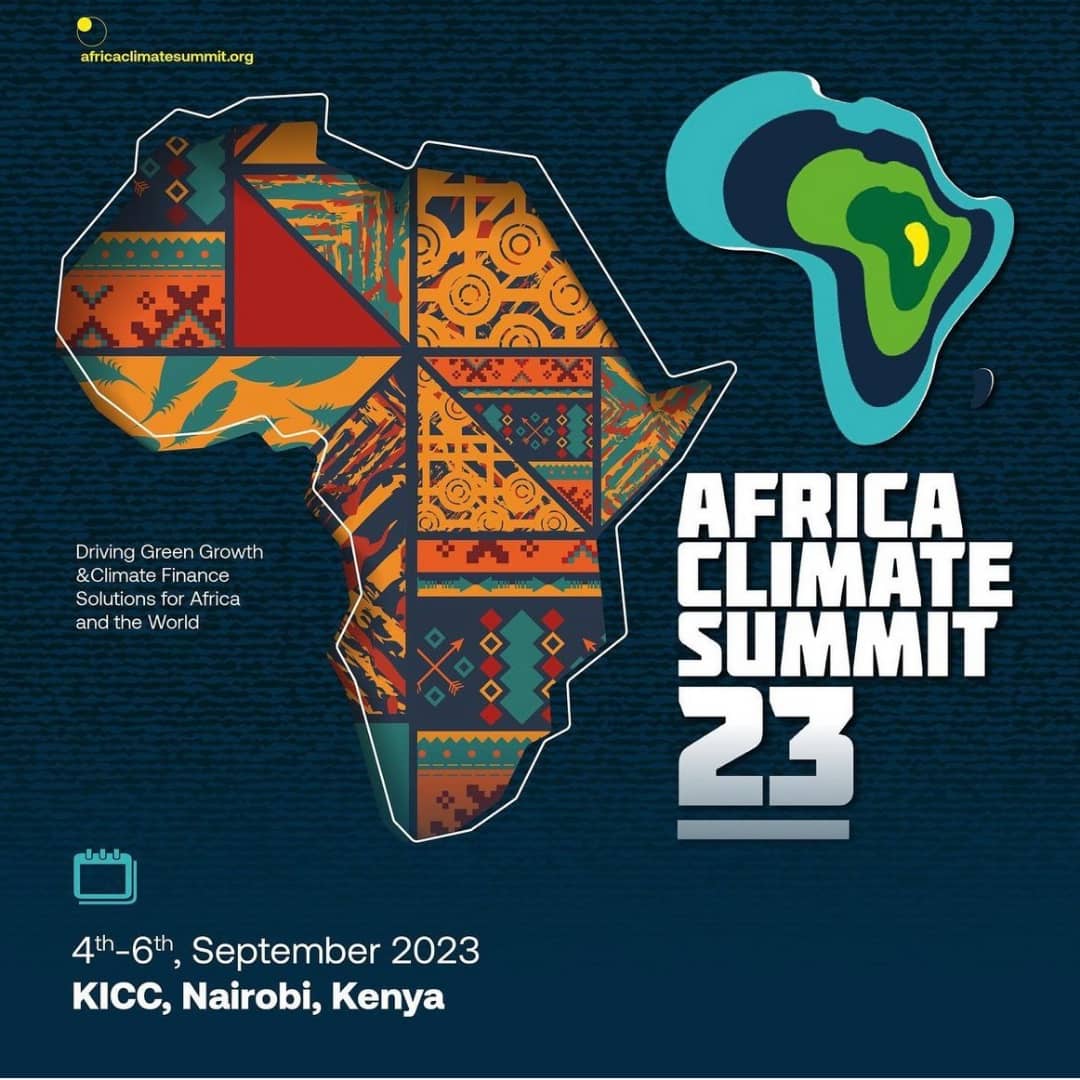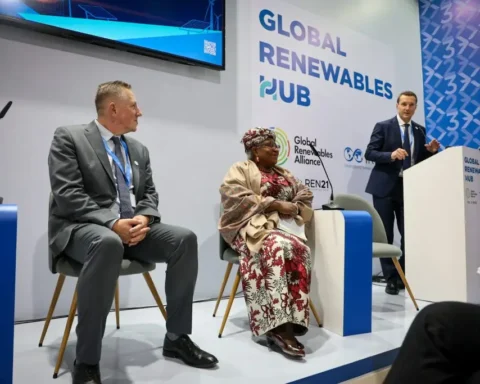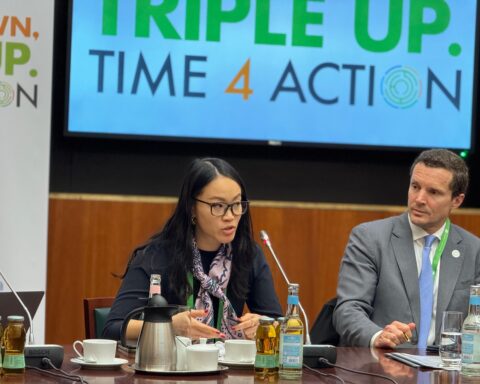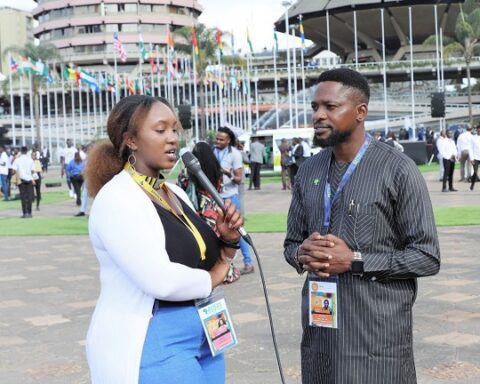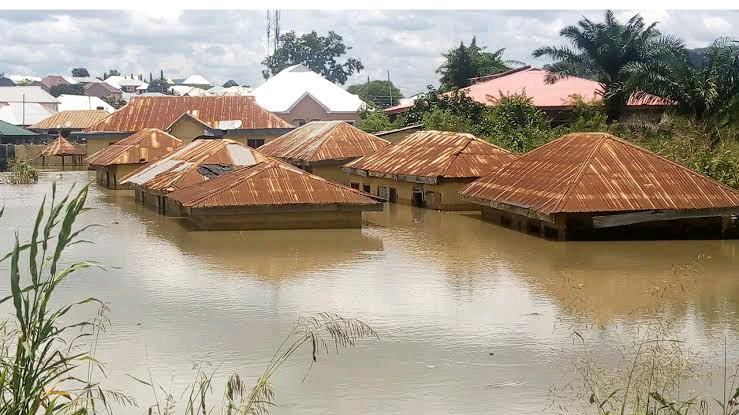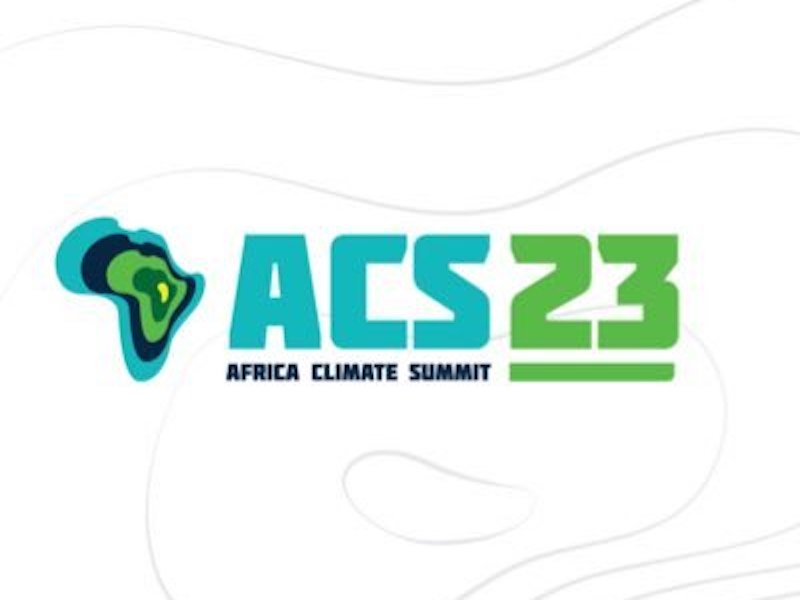The Africa Climate Summit, holding in Nairobi, Kenya, from September 4 to 6, 2023, is being billed as a major opportunity to push the links between clean energy and development across the continent.
African Heads of State, UN leadership, Presidents, and governments from different parts of the world are expected to attend.
It is anticipated that Kenya, with a 100% clean energy target for 2030, will utilize the summit to showcase how renewables are fundamental to Africa’s green growth pathway.
The Africa Climate Summit is themed around opportunities for green growth and sustainable development. With anticipated deals and announceables, organisers are looking to provide market signals for investments in Africa’s vast resource endowment in clean energy, key minerals, agriculture, and natural capital.
According to a recent report on Africa’s Just Transition, the continent’s renewable energy potential is 50 times greater than the anticipated global electricity demand for the year 2040. The continent also has over 40% of the global reserves of key minerals for batteries and hydrogen technologies.
To tap into this potential, scaled action that matches the extent of the climate crisis that is affecting the continent disproportionately is needed. With about less than 4% of historic global emissions, Africa is least responsible for the climate crisis yet the continent bears the largest burden of devastating climate impacts from extreme weather events.
The summit host, Kenya’s President, Dr William Samoei Ruto, has called for financial approaches to relieve countries facing significant debt distress, compounded by the economic shocks of COVID-19 and other challenges. He has joined the call for a global effort to raise the necessary funds for climate action which would include targeted taxes, removal of fossil fuel subsidies, and a global fossil fuel tax.
Mohamed Adow, Director of energy and climate think-tank, Power Shift Africa, said: “The reality of climate change is that it was not Africa that caused the crisis, but it is Africa that will determine whether humanity can fix it. How Africa develops over the next two decades will determine the fate of the planet.
We have an abundance of clean, renewable energy and it’s vital that we use this to power our future prosperity. But to unlock it, Africa needs funding from countries that have got rich off our suffering. They owe a climate debt. But climate change in Africa is more than just solar panels.
“Africa cannot afford to further delay the vital conversation about adaptation when our communities are already suffering the ravages of a climate crisis we did not cause. The Africa Climate Summit offers the best opportunity to discuss ways to boost investments that will help communities on the climate frontline to adjust effectively.
This meeting should emphasise ways of ensuring communities can live in dignity and to thrive.”to live in dignity and to thrive.”
Mwandwe Chileshe, Global Policy Lead for Food Security and Agriculture at Global Citizen: ‘‘The Africa Climate Summit in Nairobi presents a pivotal moment for the continent to set not only the tone but also shape the agenda for Africa’s sustainable future. Discussions on adaptation finance must be prioritised. Africa is home to most people grappling with the weight of climate change, especially smallholder farmers.
“It is, therefore, time to bridge the gap between the urgency of the needs and the disparity in climate financing. Discussions at the summit must also focus on the urgency to reform food systems. This summit must mark the beginning of a unified drive towards sustainable solutions that safeguard both our environment and our livelihoods.’’
Dr. Olumide Abimbola, Founder and Director of Africa Policy Research Institute: “Africa has much of the minerals that the world requires to power the green transition. What we are seeing is that African governments are looking for ways to make sure that these minerals are not just exported out of the continent, but that value addition happens on the continent, that the power of the mineral national and regional industrialization processes.
I am hoping that we see this message come out strongly during the African Climate Summit. But beyond that, I am hoping to see deeper discussions regarding concrete plans for how to make this happen – and the roles that external actors can play here.”
Ineza Umuhoza Grace, CEO of The Green Protector, Global Coordinator of the Loss and Damage Youth Coalition: “The Africa Climate Summit is an opportunity for Africa to demonstrate an inclusive and effective approach to climate policy that centres the voices of young people and local communities. Crucially, it must also lay the groundwork for operationalizing a new, standalone Loss and Damage Fund at COP28, backed by new, additional, and accessible finance that doesn’t increase debt for African countries.
Despite facing significant climate challenges, when united, African countries can transform these obstacles into opportunities for real change.”
Bruce Douglas, CEO of the Global Renewable Alliance: “In a world grappling with the consequences of climate change, the Africa Climate Summit serves as a rallying point for collective action and a reminder of our shared responsibility to safeguard the planet for current and future generations. The renewable energy industry is committed to scaling up the total global capacity to at least 11,000 GW by 2030.
“Unfortunately, renewable energy investment in Africa is lagging behind. Let us harness the potential of renewable energy in Africa not just for the climate but as a socioeconomic catalyst, for energy security, access and community empowerment towards a sustainable and prosperous continent. We need ambition now, action now, #RenewablesNow.”
Dr. Magalie Masamba, Senior Associate in Development Finance at ZeniZeni Sustainable Finance and Senior Fellow at African Debt Justice Network: “African leaders and their financiers hold the key to unlock the potential impacts of climate finance. They have the shared responsibility to ensure that climate financing is adequate; fit-for-purpose and delivers tangible outcomes for African citizens.
African leaders in particular need to advocate for additional funding and only accept sovereign climate finance on concessionary or grant terms, by integrating adaptation considerations into all sovereign financing that they negotiate to lower the overall cost of funding, and finally, by building capacity in their public financial management systems so that the needed impacts are delivered.”
Kerstin Opfer, Policy Advisor Energy Policy and Civil Society (Africa and MENA) at Germanwatch: “At the summit, Germany should commit to supporting African countries with a targeted financial assistance package for the ambitious expansion of renewable energies and universal energy access. If African countries can show that an ambitious expansion of renewable energies and simultaneous economic progress are possible, then this would have the potential to motivate other countries to follow suit.”
Regine Richter, Public Finance Campaigner at Urgewald: “The German government is at a crossroads with its international climate ambitions. On the one hand, it risks losing climate policy credibility at the African Climate Summit if it remains unwilling to restrict fossil fuels in foreign trade promotion of the German economy, as the sector guidelines for export and investment guarantees suggest.
On the other hand, Germany has been part of potentially important climate financing packages such as the JET-P deal in Senegal. African civil society needs clear commitments to the energy transformation and Germany should use the summit to underline its focus on clean energy investments.”


